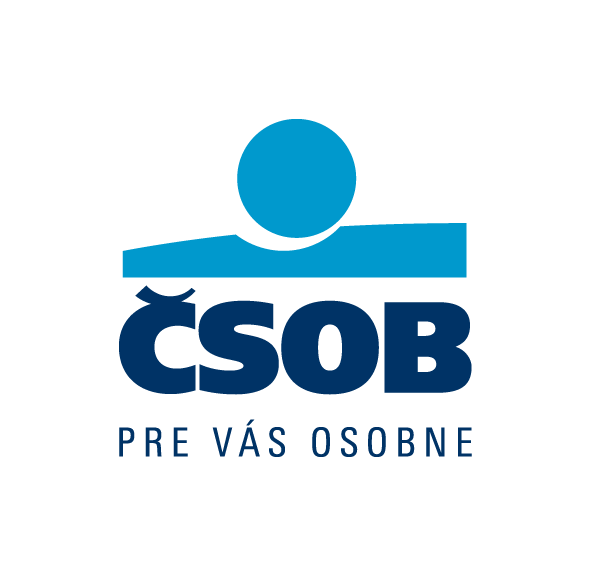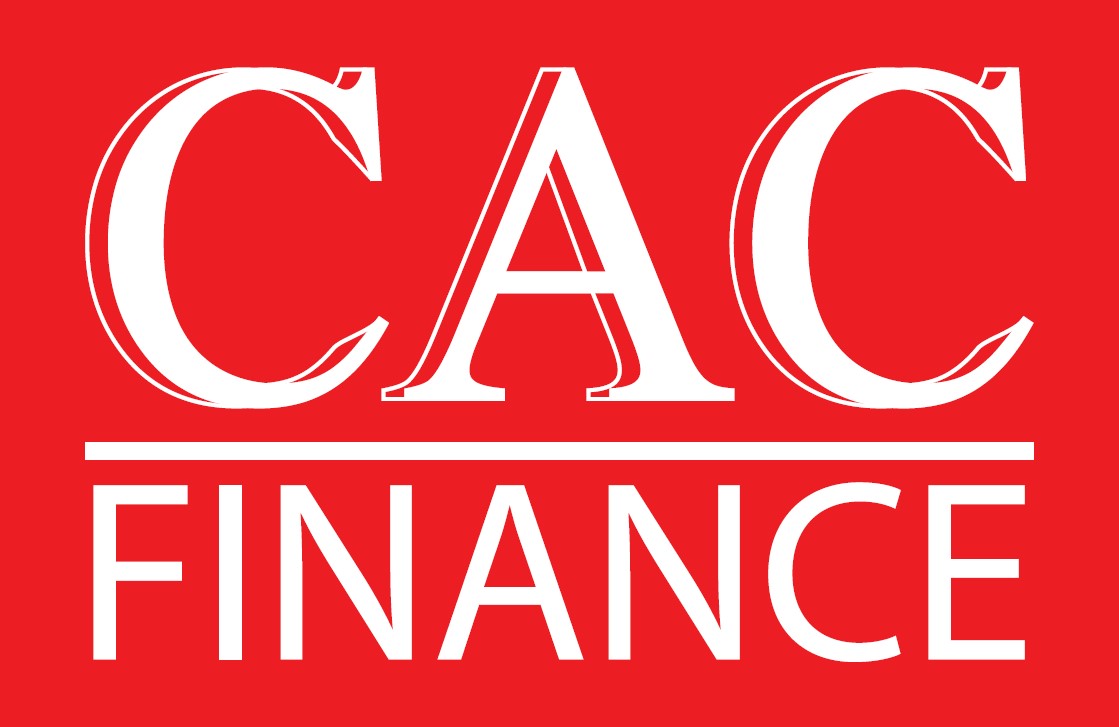Druhá verzia návrhu FDE na novelizáciu stratégie EÚ v oblasti obchodu a investícií
03/07/2015 | Igor Šarmír, SPPK
Druhá verzia návrhu FDE na novelizáciu stratégie EÚ v oblasti obchodu a investícií
V nižšie uvedenom manifeste FDE v prospech liberalizácie medzinárodného obchodu a investícií sú opakovane zdôraznené všetky známe argumenty predkladané najmä veľkými firmami:
- význam agro-potravinárskeho sektoru ako najvýznamnejšieho hráča v oblasti výroby, pokiaľ ide o pridanú hodnotu, obrat a zamestnanosť;
- rozhodujúci význam nárastu obchodných výmen pre hospodársky rast a zamestnanosť;
- podpora stagnujúcich multilaterálnych iniciatív;
- v súvislosti s problémami v multilaterálnej oblasti, zásadná podpora prebiehajúcim rokovaniam na liberalizáciu obchodu s USA, Kanadou, Japonskom a Vietnamom;
- význam medzinárodného obchodu v súvislosti s potrebou na zabezpečenie nedostatkových poľnohospodárskych surovín za konkurenčnú cenu;
- odstránenie netarifných bariér;
- význam medzinárodného obchodu pre malé a stredné podniky (čím sa má zakryť, že takýto manifest je predovšetkým v záujme nadnárodných spoločností).
Materiál je členskej základni predložený na pripomienkovanie.
Igor Šarmír
DRAFT VERSION N°2
25 June 2015
 REMINDER: FoodDrinkEurope revised draft input for an “updated EU trade and investment strategy for jobs and growth”
REMINDER: FoodDrinkEurope revised draft input for an “updated EU trade and investment strategy for jobs and growth”
Introduction
§ The food and drink industry is the EU’s largest manufacturing sector in terms of value added, turnover and employment.
§ While the majority of European food and drink products are traded within the EU, about 30% is exported in value to non-EU countries. Exports to outside the EU have almost doubled over the past decade to reach €91 billion in 2014. During the same year industry registered an export surplus of €25 billion, mainly thanks to steady EU export growth since 2009. Despite this strong track record, access to third country markets remains limited by trade barriers and the decline of market share in foreign markets is a matter of concern.
§ The food and drink industry is EU farming’s biggest customer, using 70% of total production. As well as using EU agricultural raw materials, our industry also requires reliable access to imports of raw materials from safe, secure and traceable supply chains. Some key ingredients are not produced in the EU, or at least not in sufficient quantities and imports therefore play a complementary role in the production of many value-added products. EU trade policy should facilitate security of supply, while providing fair terms of competition and a level playing field for domestic EU producers.
- With 90 % of global economic growth projected to be generated outside of the EU in the next 10-15 years, trade policy will play a key role for jobs and growth in the EU including the food and drink industry.
§ EU trade policy must be sensitive to the international context to help business remain competitive. Maintaining a level playing field with other trade partners is crucial for the EU food and drink industry.
§ EU trade policy should support a thriving and sustainable food and drink sector in the EU, by driving clear, coherent and consistent policies in all areas which contribute to this.
§ EU trade policy should explicitly recognise the important role the whole of the food supply chain can play in achieving the goals of the upcoming EU trade and investment strategy for jobs and growth. The High Level Forum (HLF) for a better functioning food supply chain has identified market access and trade as one of its key focal points for the coming years.[1]
Multilateral negotiations
§ Despite the uncertainty as to when and how the multilateral negotiations might be concluded,FoodDrinkEurope continues to support a successful negotiation, conclusion and implementation of the WTO Doha Development Agenda (DDA). For the European food and drink industry, there is much to gain from a multilateral agreement which would establish clear trade rules, strengthen disciplines applicable to agriculture and create new trade opportunities for our products.
Bilateral negotiations
§ Taking into account the slow progress in the multilateral talks, FoodDrinkEurope looks forward to the conclusion of ambitious free trade agreements (FTAs). In the absence of a multilateral agreement, the EU should seize market opportunities by means of bilateral trade negotiations taking into account interests of the different food and drink sectors. Trading partners should aim to eliminate remaining high tariffs for EU exports and also provide a better framework on food safety (SPS) and other food regulatory issues, reduce burdensome customs procedures, improve protection of intellectual property rights (including GIs) and promote international standards in partner countries.
§ An efficient customs union and advanced market integration within a region should be considered by the EU as a paramount issue in all bi-regional negotiations. European products should benefit from free circulation within the partner region, especially with regard to SPS requirements, and should be subject to simple and non-discriminatory customs procedures on its external border (e.g. talks with MERCOSUR).
§ A free trade agreement is a synonym for a privileged trade relation. Protectionist measures, such as for example import restrictions on foodstuffs introduced by third countries, cannot be tolerated from any countries aspiring to enter in this kind of partnership. Our trading partners should remove measures that are clearly protectionist as a prerequisite for any FTA talks with the EU.
§ To enhance its competitiveness, the European food and drink industry would welcome progress especially in the negotiations with the US, Japan, India, Vietnam, and encourages closer relations with countries of the ASEAN region, Russia, the Eastern Partnership Countries, Turkey, the countries of the Gulf Cooperation Council, China, and Mercosur countries.
§ Timing, implementation and enforcement of FTAs:
§ The FTA process is a lengthy one - from the time of the first FTA pre-launch scoping exercises, the conclusion of negotiations, legal scrubbing and translation of texts, ratification, entry into force – and the associated benefits may take many years to materialise, even if properly implemented and enforced.
§ While FTA negotiations should focus on substance, speed of implementation can make a difference in a rapidly changing international trade landscape.
Access to competitive agricultural raw materials
§ Manufacture of many food products require both raw materials produced within the EU and raw materials imported from third countries. The EU’s trade policy must ensure food and drink manufacturers have access to competitively priced raw materials. Multilateral and bilateral trade agreements may play here an important role by ensuring secure and stable relationships with key partners that enable EU industry to trade competitively both at home and abroad.
Non-tariff barriers
- Taking into account the high and growing number of non-tariff barriers that affect exports of food and drink products to non-EU markets (e.g. labelling, additives legislation etc.), FoodDrinkEurope strongly supports the methods adopted within the Market Access Partnership, which uses the synergy created between the European Commission, Member States and businesses, to identify and remove the specific obstacles that EU companies face in foreign markets. A large number of key trade barriers identified refer to agri-food products. The EU Market Access Strategy proves increasingly fruitful and should be further strengthened.
§ Non-tariff barriers is a serious concern for the EU food and drink industry and should continue to be addressed by EU policy based on international standards.
§ The WTO SPS and TBT Committees should continue to constitute fora of political pressure, if possible in coalition with other WTO members, to solve and avoid trade barriers. The EU should also insist on respect by partners of WTO transparency rules regarding early notification of intended measures. The European Commission should also consider possibilities to improve the SPS agreement.
§ Stakeholders should be informed in a straightforward and timely fashion in advance of regulatory changes which have been notified to the WTO, providing ample opportunity to provide feedback on the impacts.
Transparency of EU Trade Policy
§ The Commission should continue to consult publicly and engage in regular dialogue to ensure the priorities of key stakeholders are being addressed.
§ The Commission should ensure that thorough and robust ex-ante and ex-post impact assessments are carried out in the context of negotiations and when new regulations are introduced.
The role of small and medium-sized enterprises
§ The European food and drink industry consists of about 280,000 small and medium-sized enterprises (SMEs) which together employ more than 3 million people and many more up and down the supply chain.
- The strategic importance of SMEs as key providers of jobs, growth, and active player in trade should be reflected in the future EU trade policy.
- Policy coherence is key. The new trade policy should be complementary to other EU policies designed to improve the competitiveness of the EU industry and promote SME internationalisation.
§ In recent years, the European Commission has developed a number of services which provide practical support for SMEs (SME Helpdesk, Market Access Database, dialogues). The time may be ripe to reassess the current set of services, to see if they sufficiently address the specific needs of SMEs.
*****
Background:
COMP/TRADE/075/10
About
[1] Decision establishing a new High level Forum for a better functioning food supply chain
http://ec.europa.eu/growth/tools-databases/newsroom/cf/itemdetail.cfm?item_id=8298&lang=en&title=Decision-establishing-a-
new-High-level-Forum-for-a-better-functioning-food-supply-chain

 English
English Deutsch
Deutsch Français
Français
















